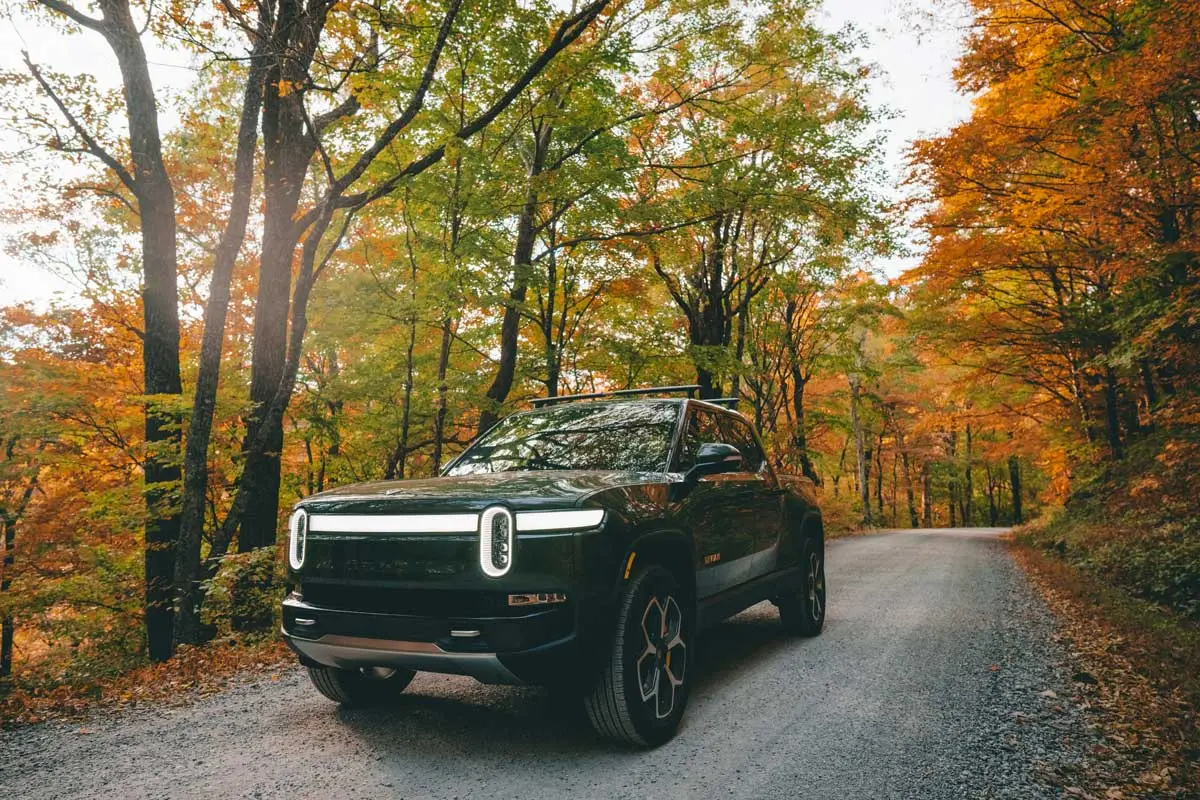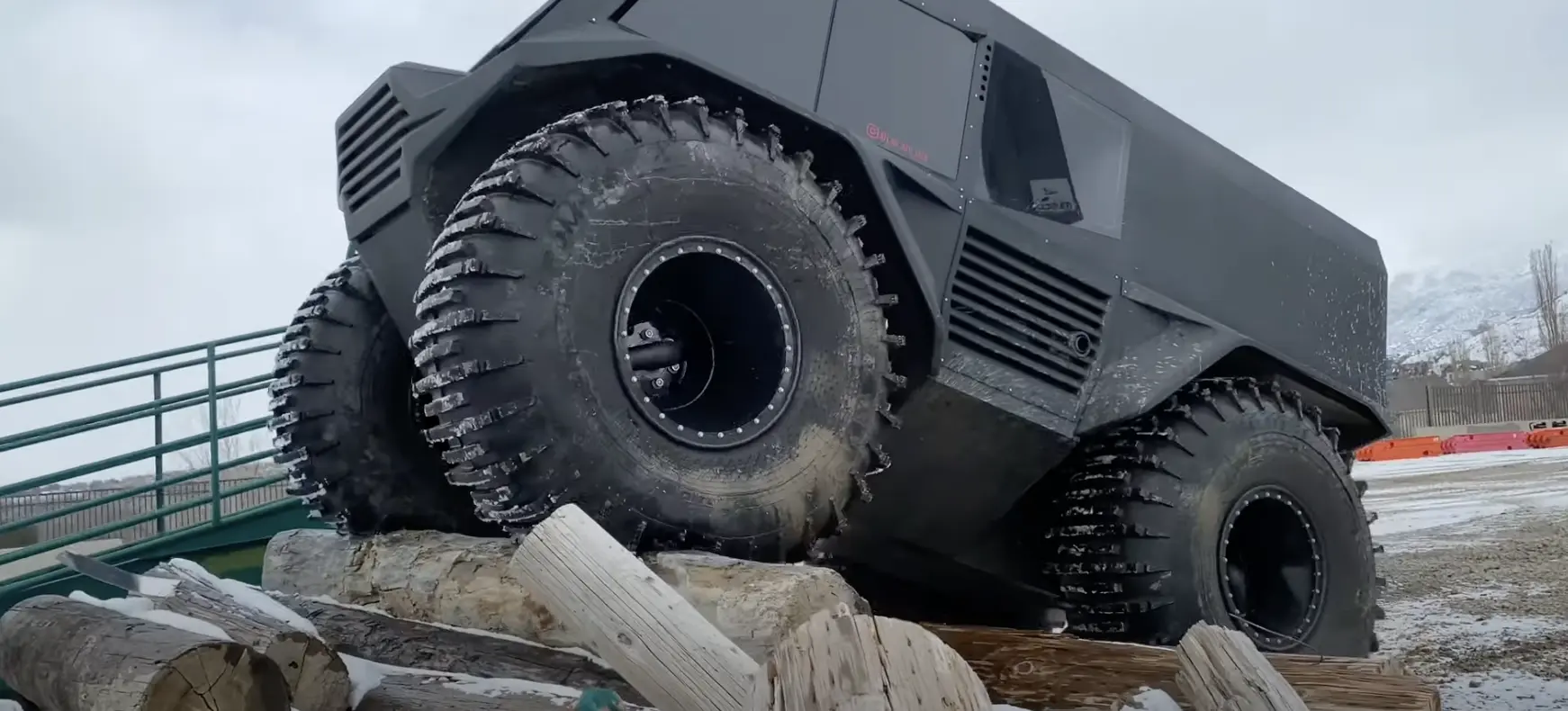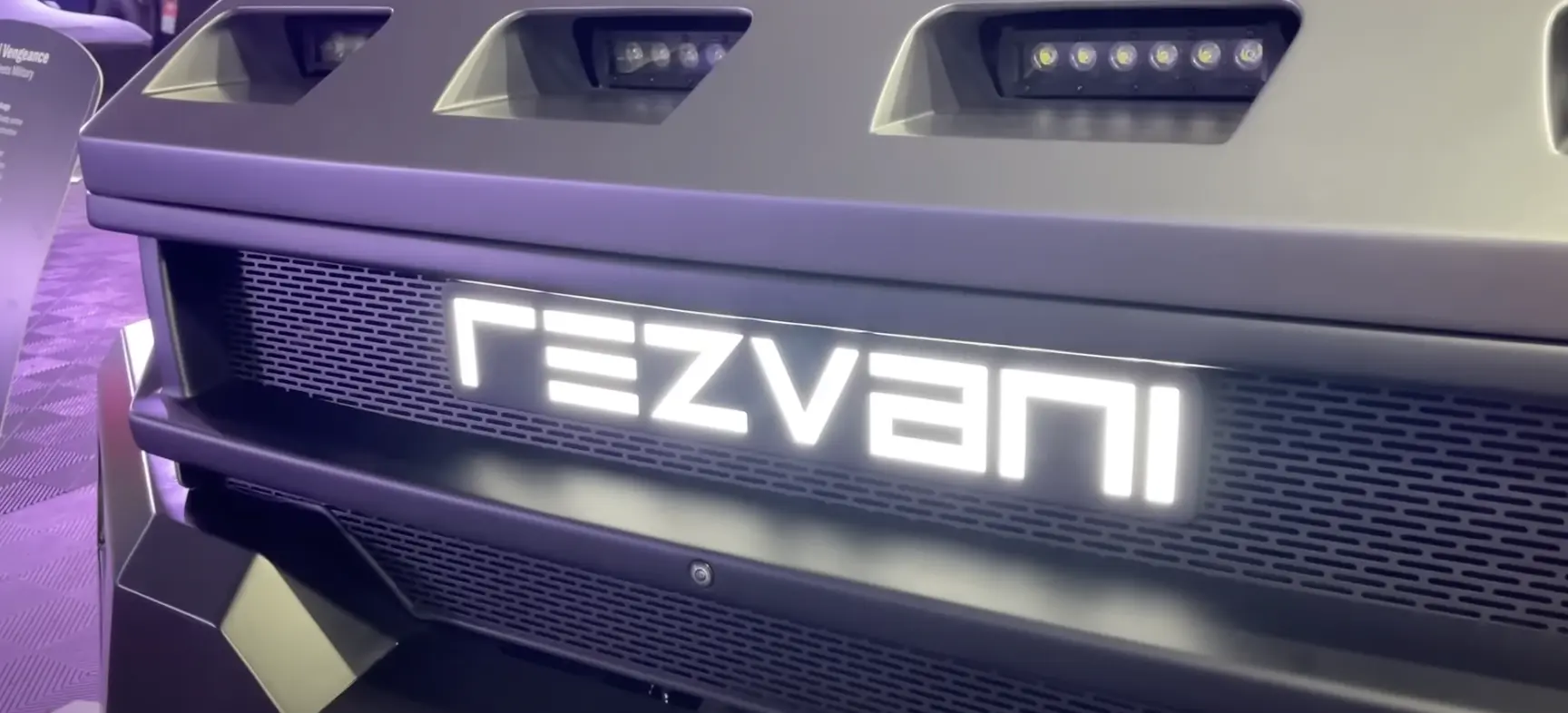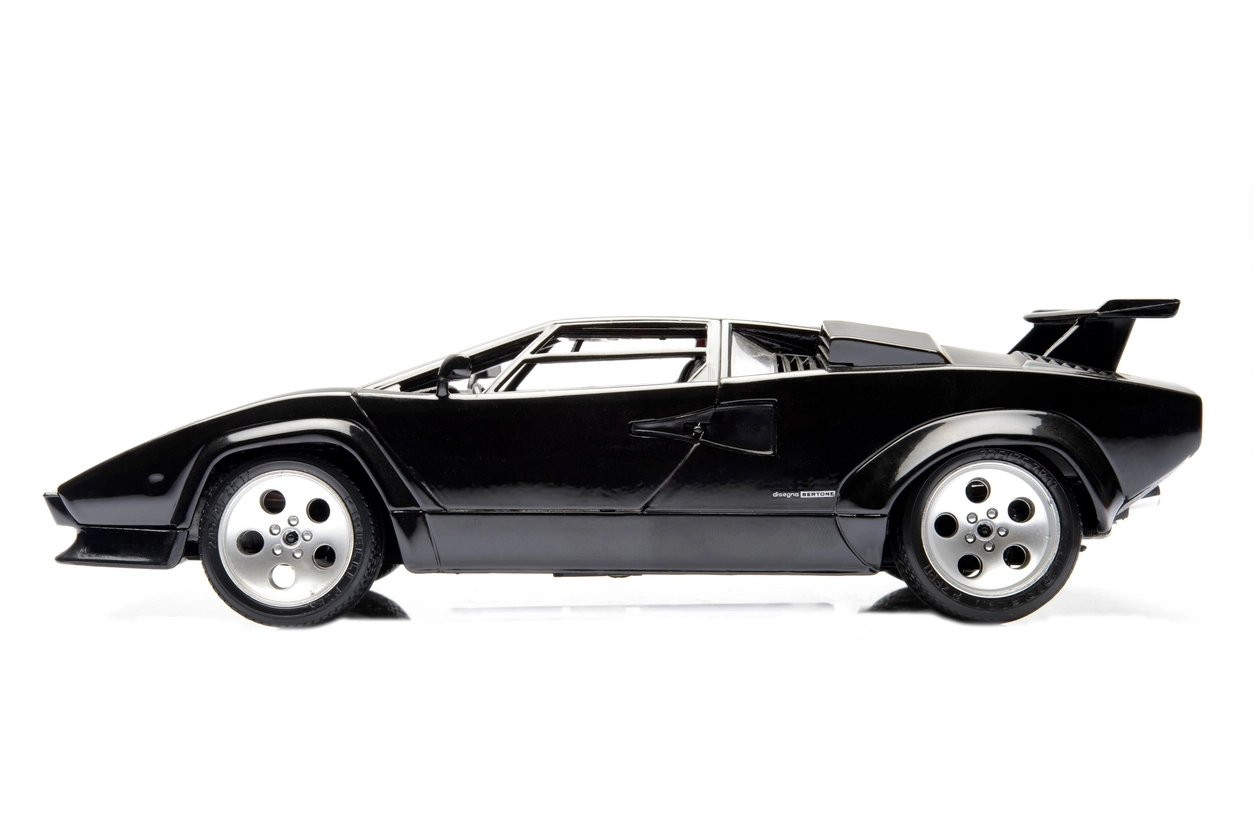The modern consumer has access to more electric truck models than at any other time in history. For a long time hybrid and electric vehicles have been marketed in part with the idea that their reduced (or nonexistent) consumption of gas means they are more environmentally friendly, and consumers with environmental concerns in mind were some of the earliest adopters of modern electric cars. On the other hand trucks, especially the heavy, spacious ones that dominate the American market today, tend to have less efficient fuel economy, and for better or worse the truck and electric vehicle can sometimes feel at odds with one another as they are thought of in the consumer market. But flying into the breach in order to bridge that divide we have companies like Tesla and Rivian creating bold designs and reshaping perceptions around what it means for a truck to be fully electric. The only question that remains is how will this time-honored vehicle category evolve as technology continues to reshape the modern vehicle market? For a look at where we’re going and where we’ve been, here’s how the electric truck has evolved.
Electric Trucks So Far
The history of electric trucks dates back to the early 20th century, shortly after the invention of the electric car. In the early 1900s, electric vehicles, including trucks, were quite popular due to their simplicity, reliability, and quiet operation. Companies like Walker Vehicle Company and Detroit Electric Vehicle Manufacturing Company produced electric trucks for delivery and utility purposes. These early electric trucks were limited in range and speed, primarily used in urban areas for short-distance deliveries.
However, the advent of the internal combustion engine (ICE) and the mass production of gasoline-powered vehicles by Ford significantly reduced the popularity of electric vehicles, including trucks. The greater range, higher speed, and lower cost of ICE vehicles made them more appealing to consumers and businesses.
The interest in electric trucks resurged in the late 20th and early 21st centuries, driven by growing environmental concerns, advancements in battery technology, and government incentives for electric vehicles. Companies like Smith Electric Vehicles and Modec began producing electric trucks for commercial use, focusing on delivery and utility services.
The modern age of electric trucks has been marked by the entry of established automotive companies and new players in the market. Companies like Ford and General Motors have released electric versions of their popular truck models, such as the Ford F-150 Lightning and the GMC Hummer EV. Meanwhile, new companies like Rivian and Tesla have emerged as significant players in the electric truck market. Rivian’s R1T and Tesla’s Cybertruck have garnered attention for their innovative designs and advanced features.
The engineering of electric trucks has evolved significantly over the years. Early electric trucks used lead-acid batteries, which were heavy and had limited energy density. Today, most electric trucks use lithium-ion batteries, which offer higher energy density, longer life, and faster charging. Advances in motor technology have also improved the efficiency and performance of electric trucks. The use of regenerative braking systems helps to extend the range by converting kinetic energy back into electrical energy during braking.
The most recent mechanical developments for electric trucks include improvements in battery technology, such as solid-state batteries, which promise higher energy density and faster charging times. Electric trucks are also incorporating advanced driver-assistance systems (ADAS) and connectivity features for enhanced safety and convenience. Additionally, the integration of vehicle-to-grid (V2G) technology allows electric trucks to supply energy back to the grid, potentially providing a new revenue stream for owners and helping to stabilize the electrical grid.
The history of electric trucks has seen a transformation from early 20th-century delivery vehicles to the modern, high-tech electric trucks produced by both established automakers and innovative startups. With continued advancements in battery technology, motor efficiency, and vehicle connectivity, electric trucks are poised to play a significant role in the future of transportation.
Form & Function
The performance of electric trucks compared to internal combustion engine (ICE) and diesel-powered trucks varies in several aspects, including acceleration, torque, range, and overall efficiency.
Electric trucks often have faster acceleration than their ICE and diesel counterparts due to the instant torque provided by electric motors. This can be particularly advantageous in urban environments or for tasks that require frequent stops and starts. Additionally, electric trucks tend to have smoother and quieter operation, which can reduce driver fatigue and noise pollution.
In terms of torque, electric trucks can produce higher and more consistent torque over a wider range of speeds, which is beneficial for towing and hauling heavy loads. However, the range of electric trucks can be a limiting factor. While advancements in battery technology are increasing the range of electric trucks, they still generally fall short of the long-distance capabilities of diesel trucks, making them more suitable for short to medium-range applications.
Efficiency is another area where electric trucks have an advantage. They convert a higher percentage of the electrical energy from the battery to power at the wheels, resulting in lower operating costs compared to the fuel costs of ICE and diesel trucks. Electric trucks also have fewer moving parts, leading to potentially lower maintenance costs.
However, electric trucks face challenges in terms of recharging infrastructure and time. While refueling a diesel truck can be done quickly at numerous stations, recharging an electric truck requires access to charging stations, which are less widespread, and it can take significantly longer to recharge a battery compared to refueling a tank.
ICE and diesel trucks, on the other hand, offer longer range and quicker refueling times, making them more suitable for long-haul and heavy-duty applications. They are also currently more familiar and established in the market, with a more extensive support and service network.
What Comes Next
The electric truck industry is poised for significant advancements in technology and developments in the coming years, driven by increasing environmental concerns, regulatory pressures, and advancements in battery and electric motor technologies. One of the most notable foreseeable advancements is the improvement in battery technology. Researchers and manufacturers are focusing on developing batteries with higher energy density, faster charging capabilities, and longer lifespans. Solid-state batteries, which promise to be safer, lighter, and more efficient than current lithium-ion batteries, are expected to be a game-changer for electric trucks, providing longer range and shorter charging times. Charging infrastructure is set to continue growing and becoming more accessible as well.
Advancements in autonomous driving technology will also significantly impact electric trucks. Automation can enhance safety, efficiency, and productivity in the trucking industry. Electric trucks, with their simpler drivetrains and advanced sensor systems, are well-suited for integrating autonomous technologies. This could lead to the development of self-driving electric trucks that can operate around the clock, changing the way trucks are used for commercial purposes.
Improvements in electric motor technology and power electronics will continue to enhance the performance and efficiency of electric trucks. More powerful and efficient motors will enable electric trucks to handle heavier loads and achieve better acceleration and hill-climbing capabilities. This will make electric trucks more competitive with their diesel counterparts and expand their potential applications in the logistics and transportation industry.
The future of electric trucks will be interesting to witness, with advancements in battery technology, charging infrastructure, autonomous driving, and electric motor technology poised to revolutionize the industry.





